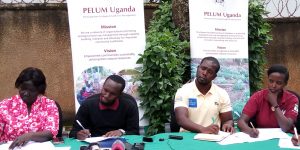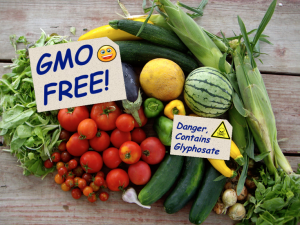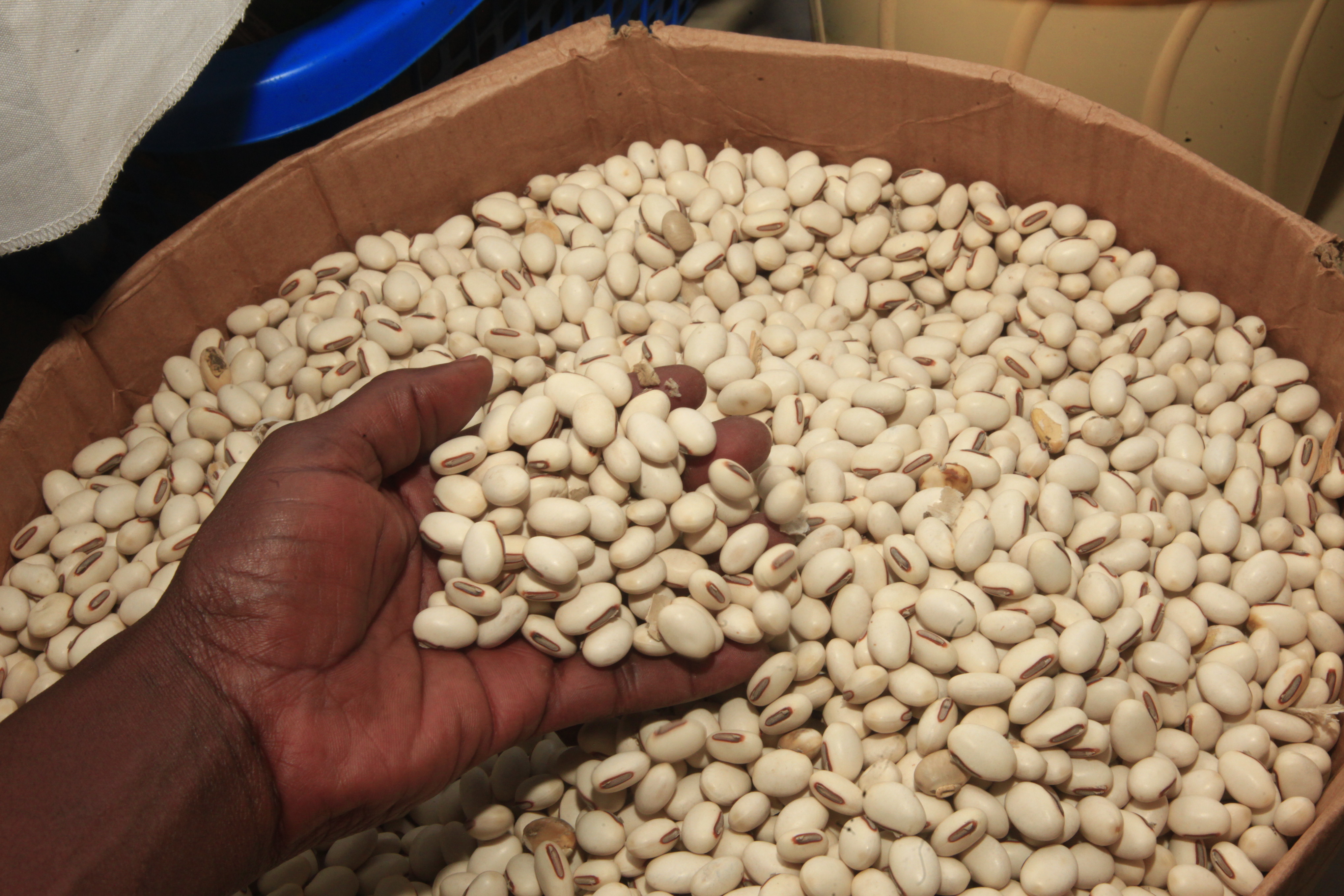TRANSPARENCY: CoST Uganda Commissions 2nd Infrastructure Transparency Index
By Patrick Jaramogi
Kampala, Uganda:
Indigenous foods have continued to play a significant role in ensuring food security, especially among the agricultural communities, but not much has been made to enable it meet the stiff challenge imposed by newly introduced food varieties.
What are Indigenous Foods?
Indigenous-also known as traditional foods, are the foods that people access locally, like, yams, sweet potatoes, egg plants, from gardens, not necessarily having to purchase them.
In the Ugandan context, indigenous foods have been defined broadly to include foods introduced to Uganda earlier than the 1900s and have been naturalized and adapted to local conditions. These are more than just foods for they touch a broad spectrum of Indigenous peoples’ lives. In different societies of Uganda for instance, foods are part of culture; prepared on special ceremonies such as traditional marriages, child naming, circumcision, burials among others.
What is being done to sustain Indigenous Foods?
Not all is lost, over time, various organisations, such as Participatory Ecological Land Use Management (PELUM) Uganda among others have come at the forefront to play a key role to ensure the sustainability of these foods.
Among the initiatives, put in place by PELUM Uganda, is the annual Indigenous Food Fair. This year, the event is slated for October, 25 2019 at the Uganda Manufacturers Association (UMA) Hall in Lugogo.
Joshua Aijuka, the PELUM Uganda Programme Manager told the press at their Kampala office on Friday that PELUM Uganda together with other partners including: HIVOS, MAAIF, URDT, Food and Agriculture Organisation, Trocaire, Agri Pro Focus, Diversity International among others had come together to ensure the 9thAnnual Indigenous and traditional food fair takes place.
He said the event will enable the farmers to showcase managing of seed systems in promotion of food sovereignty and agro biodiversity conservation.
“The theme for this year’s food fair is; Fostering agricultural biodiversity for healthy diets. This food fair theme is in line with the World Food Day 2019 theme, “Our actions are our future-Healthy diets for a zero-hunger world’.
This year’s World Food Day celebrations were held at the Naro Agricultural Zone Development Institute in Bulindi, in Hoima.
Aijuka noted that the Food Fair theme is also in support of the Sustainable Development Goal (SDG) number two (2), that seeks to end hunger, achieve food security and improved nutrition, and promote sustainable agriculture.
Speaking at the same presser, Eric Kizito, the Programme Officer- Sustainable Farming Systems at PELUM Uganda, said activities to mark the day include: Exhibition of indigenous/traditional/cultural foods and seed, Parallel sessions: presentations and key note address on farmer managed seed systems, as well as speeches by selected key guests.
“We shall also be showing relevant documentaries on Indigenous/traditional/wild food systems,” said Kizito.
He urged Ugandans to grace the event in big numbers, noting that “Food tasting” will be absolutely free of charge.
“We shall also be sharing indigenous seeds and food recipes, and hold an Award ceremony to honor the best exhibitors,” he said.
He said the UMA food-fair is a climax to the previous regional Food Fairs conducted in Kabarole, Gulu and Soroti districts.
M/s Marilyn Kabalere, the PELUM Uganda Programme Officer Advocacy, said the main objective of the Food Fair is to showcase the actual and potential contribution of farmer managed seed systems on conservation of agricultural biodiversity, food security and food sovereignty of smallholder farming communities.
Kabalere noted that the contribution of indigenous foods to household’s food security in Uganda is significant given the fact that the majority of Ugandans in rural communities are involved in subsistence production.

PHOTO/PATRICK JARAMOGI
“Indigenous and traditional food are inextricably linked to food sovereignty, food security and agrobiodiversity,” she said. She said it was unfortunate that potential food basket zones like Fort Portal was registering high cases of malnutrition among children. “People feed on Matooke throughout, ignoring the traditional foods like millet that are key in human growth,” said Kabalere.

M/s Immaculate Yossa, the Regional Advocacy Manager, HIVOS East Africa said todays’ life expectancy is co-related to the type of foods that people consume. “Most Ugandans, especially, majority of the middle income status, still think that eating, or preparing indigenous foods wastes their time, preferring to instead go for fast foods like chips and son on, which has become dangerous,” she said.
Yossa noted that increased production and consumption of indigenous foods will not only preserve the gene biodiversity of traditional food but also change food patterns into a more diverse and nutritional diet.








